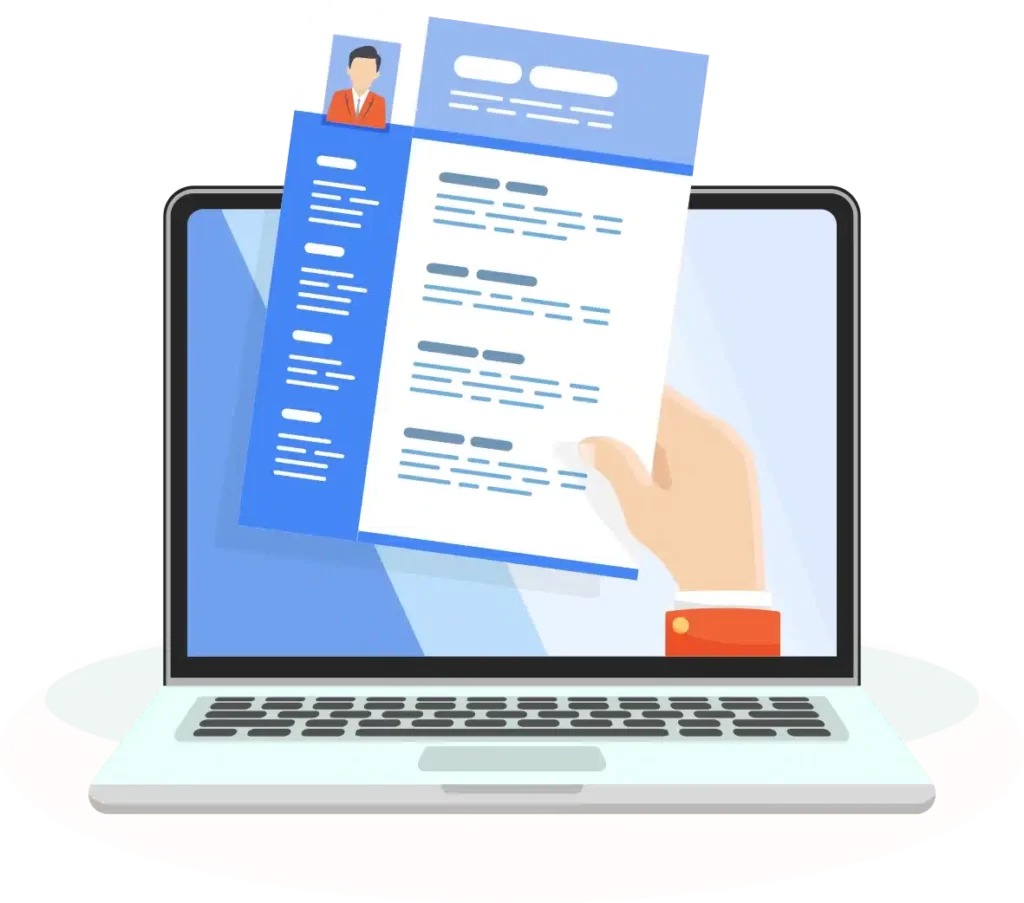What Are the Requirements to Work in the Netherlands?
Moving to the Netherlands for work can be an exciting opportunity for many. Known for its high quality of life, progressive work environment, and diverse culture, the Netherlands attracts not just European citizens but also professionals from across the globe. However, to successfully land a job and work legally in the Netherlands, you must meet certain requirements. In this article, we will explore these requirements in detail.
Overview of Employment in the Netherlands
The Job Market
The Dutch job market is thriving, particularly in sectors such as technology, engineering, finance, and healthcare. Large international companies and startups alike flock to cities like Amsterdam, Rotterdam, The Hague, and Eindhoven. Understanding the job landscape is essential for anyone considering a move to the Netherlands.
Types of Work Permits
There are various types of work permits in the Netherlands, depending on your nationality, skills, and the nature of the job. Below are the most common categories:
-
Highly Skilled Migrant Permit: Designed for professionals who have specific skills and educational qualifications.
-
EU Blue Card: Aimed at highly skilled non-EU citizens, allowing them to work in any EU country.
-
Intra-company Transfer: For employees of multinational companies being transferred to a Dutch branch.
-
Seasonal Work Permit: Suitable for temporary work in sectors like agriculture or tourism.
-
Startup Visa: For entrepreneurs who wish to establish a startup in the Netherlands.
-
Regular Work Permit (TWV): For those who don’t fall into the above categories.
The specific requirements for each permit category can vary significantly.
General Requirements to Work in the Netherlands
1. Passport and Visa Requirement
If you are a citizen of a non-EU/EEA country, you will generally need both a work visa and a residence permit. Citizens from the EU, EEA, and Switzerland can work freely in the Netherlands without needing a work permit, thanks to the freedom of movement laws within the European Union.
2. Work Permit Application
Most non-EU citizens require a work permit. You, as an applicant, must typically have a job offer from a Dutch employer who is willing to sponsor your work permit application. Here's what you need to consider:
-
Your employer must demonstrate that they could not find a suitable candidate within the EU.
-
The application process can vary based on the type of work permit but generally includes gathering necessary documents such as proof of employment and relevant qualifications.
3. Educational and Professional Qualifications
For most skilled positions, employers will require candidates to have specific qualifications relevant to the role. Generally, you should:
- Have a recognized degree or certification.
- Possess sufficient work experience in your field.
- Certifications in specific areas might be necessary (e.g., IT, finance).
Employers usually look for skilled professionals, and possessing qualifications that meet Dutch standards can significantly increase your chances of employment.
4. Language Skills
While many Dutch people speak English, especially in the workplace, knowledge of the Dutch language can be an asset. For certain jobs, especially in healthcare and education, proficiency in Dutch is often a requirement.
Consider taking courses to learn Dutch, as this may enhance both your employment prospects and your integration into the local culture.
5. Financial Requirements
Depending on the type of work permit, your employer may need to prove that they can meet specific salary thresholds. For example, as of 2023, the salary requirement for a highly skilled migrant is around €4,500 per month before taxes.
6. Health Insurance
Health insurance is mandatory in the Netherlands. If you are planning to move to the country for work, you must obtain health insurance coverage. In many cases, your employer may assist you with the enrollment process or provide health insurance as part of your employment package.
Special Considerations for Non-EU Citizens
Recognition of Foreign Qualifications
If you are a non-EU citizen, you might need to have your foreign qualifications recognized in the Netherlands. The Dutch Ministry of Education, Culture and Science can provide information on how to obtain a credential assessment. Websites such as NARIC can guide you through the process.
Cultural Compatibility and Adaptability
Adapting to Dutch work culture can be challenging for some foreigners. The Dutch work environment tends to be open and direct, which may differ from more hierarchical corporate cultures. Cultivating cultural sensitivity and being adaptable will be beneficial not only for your job application but also for your overall work experience in the Netherlands.
Steps to Take Before You Move
Research and Networking
Before applying for jobs, it is essential to research companies operating in the Netherlands and build a network. Utilize platforms like LinkedIn to connect with professionals in your field and join relevant groups or communities.
Prepare Your CV
Drafting a CV that meets Dutch standards is crucial. The Dutch CV usually contains information about your education, work experience, languages, and skills, but it differs in format and structure from CVs used in other countries.
Key Tips for a Dutch CV:
- Keep it concise and relevant (preferably limited to one page).
- Use bullet points for clarity.
- Focus on your achievements rather than just duties performed in previous roles.
- Include a personal statement summarizing your career objectives.
You can download an effective CV template based on the Harvard CV model from here, which provides guidelines and recommendations for crafting your CV tailored to the Dutch job market.
Job Search
Consider using job portals such as Indeed, Glassdoor, and local websites like Nationale Vacaturebank to find available positions. Additionally, job fairs can be valuable for making personal connections with potential employers.
Conclusion
Working in the Netherlands can be a rewarding experience, but understanding the requirements and preparing ahead of time is essential. From understanding the various types of work permits needed to performing a successful job search, knowledge is key to navigating the process smoothly.
As a recap:
- Passport & Visa Requirements: Determine if you need a work permit based on your nationality.
- Work Permit Application: Ensure your employer is willing to sponsor you and fulfills the necessary conditions.
- Health Insurance & Financial Stability: Remember that health insurance is compulsory, and financial thresholds often apply.
With the right preparation and mindset, you can find fulfilling employment in the Netherlands. Don’t forget to download the CV template that can help you put your best foot forward in your job applications!
Feel free to reach out if you have any questions or need assistance with your job application processes. Good luck!





